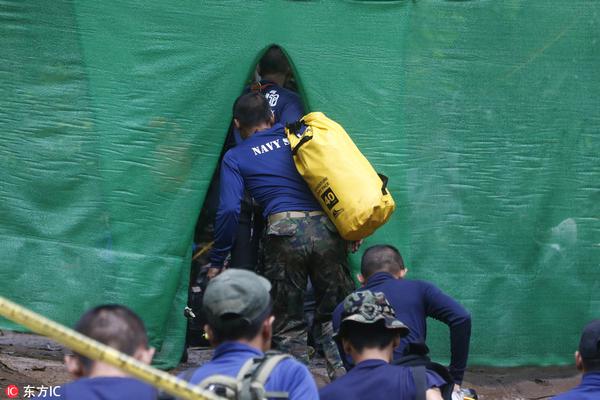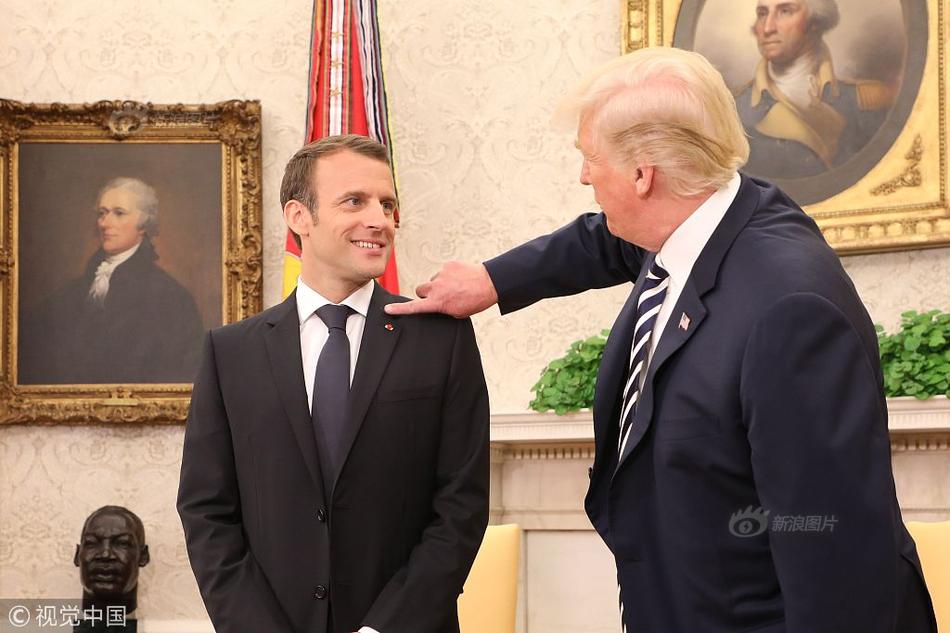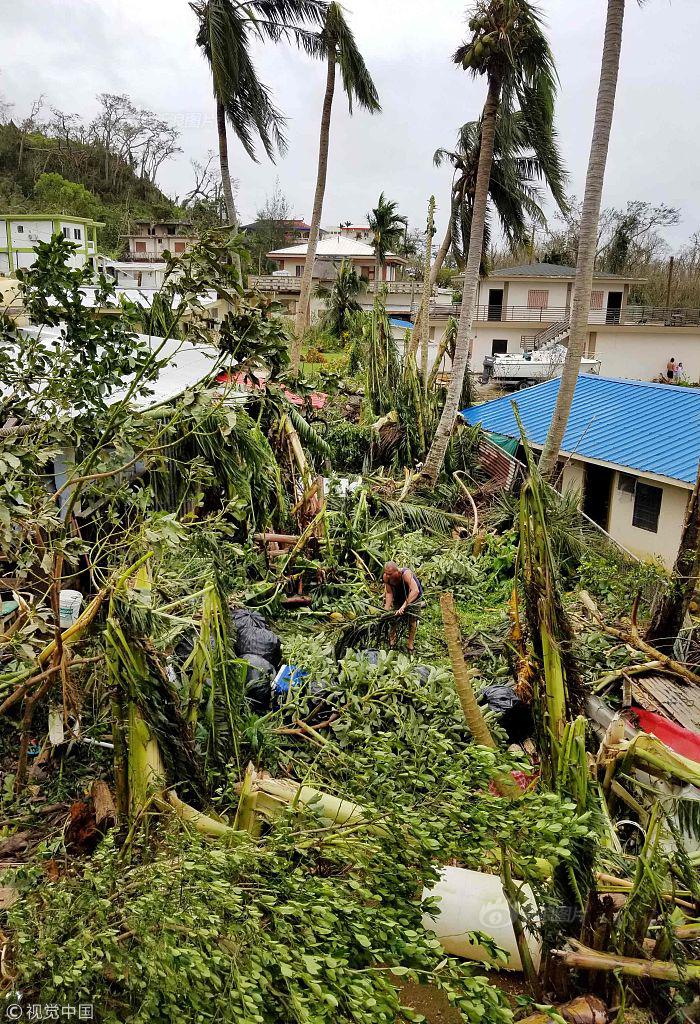“Like Water: A Cultural History of Bruce Lee” by Daryl Joji Maeda has been published by NYU Press.

An Asian and Asian American icon of unimaginable stature and influence, Bruce Lee revolutionized the martial arts by combining influences drawn from around the world. Uncommonly determined, physically gifted, and artistically brilliant, Lee rose to fame as part of a wave of transpacific globalization that bridged the nearly 7,000 miles between Hong Kong and California.
“Like Water” unpacks Lee’s global impact, linking his legendary status as a martial artist, actor, and director to his continual traversals across the newly interconnected Asia and America.
Maeda’s multifaceted account of Lee’s legacy uniquely traces how movements and migrations across the Pacific Ocean structured the cultures Lee inherited, the milieu he occupied, the martial art he developed, the films he made, and the world he left behind.
A unique blend of cultural history and biography, “Like Water” unearths the cultural strands that Lee intertwined in his rise to a new kind of global stardom. Moving from the Gold Rush in California and the British occupation of Hong Kong, to the Cold War and the deployment of American troops across Asia, Maeda builds depth and complexity to this larger-than-life figure. His cultural chronology reveals Lee to be both a product of his time and a harbinger of a more connected future.

Nearly half a century after his tragic death, Lee remains an inspiring symbol of innovation and determination, with an enduring legacy as the first Asian American global superstar.
Maeda is dean and vice provost of undergraduate education and professor of ethnic studies at the University of Colorado, Boulder. He is the author of “Chains of Babylon: The Rise of Asian America” and “Rethinking the Asian American Movement.”
Critical praise:
“Maeda positions Lee’s career as a product of — and significant contributor to — long-evolving transnational exchanges across the Pacific, and he argues forcefully that his subject’s achievements in blending cultural traditions are worthy of celebration … the book provides lucid analysis of Lee’s lasting significance.” — Kirkus Reviews
“Decades after his untimely death, Bruce Lee, like water, still flows across the globe as an inspiration to the marginalized, the colonized, the immigrant, the dispossessed, and the oppressed. Daryl Joji Maeda’s powerful new book places the martial arts megastar/philosopher and his multicultural circle in the critical context of transpacific studies. Maeda does a masterful job of giving us a different way of understanding Bruce Lee and his legacy by avoiding the ‘classical mess’ of pinning the mercurial Lee to Asia or America rather than allowing him to float across the vast Pacific.” — Gina Marchetti, author of “Citing China: Politics, Postmodernism, and World Cinema”

“Marvelous and momentous. Maeda’s knowledge of Bruce Lee is breathtakingly comprehensive and impressive and has completely expanded and transformed my understanding of Lee. ‘Like Water’ is easily the most consequential and definitive book on Lee that has been published to date.” — Robert Ji Song Ku, co-editor of “Eating Asian America: A Food Studies Reader”
“Conceived as a multifaceted cultural history, ‘Like Water’ tells the story of the making of Bruce Lee as a transpacific icon. Foregrounding the larger geopolitical and cross-cultural forces at work, Daryl Joji Maeda tracks Lee’s incessantly migratory footsteps from his on-the-road birth at a Chinese hospital in San Francisco to his mysterious death at his paramour’s pad in Hong Kong. As a cultural history, the book is rich and expansive, compiling a montage of big subjects such as Chinese immigration, Cantonese opera in America, and the history of Chinese cinema. As a biography, ‘Like Water’ draws the contours of Lee’s life while highlighting flashpoints of his legend.” — Yunte Huang, UC Santa Barbara
“Maeda argues that Lee’s films, which combined elements of spaghetti westerns, James Bond films, and Cantonese opera, were equally the result of the vision of one man, who also lived between worlds, and the cultural and economic exchange that took place in the 20th century following World War II … Maeda’s point is that without cultural exchange there would have been no Bruce Lee. Maeda’s study of Lee reminds us that without cultural appropriation there would be no culture.” — Washington Examiner
Previous:The Sphere during CES 2024: Android vs. iPhone
Next:The OLED Burn
 Ryan Reynolds trash talks Karen Gillan over fantasy football, gets a brutal response
Ryan Reynolds trash talks Karen Gillan over fantasy football, gets a brutal response
 Best iPad deal: Save $200 on the M2 iPad Air at Amazon
Best iPad deal: Save $200 on the M2 iPad Air at Amazon
 France vs. Israel 2024 livestream: Watch UEFA Nations League for free
France vs. Israel 2024 livestream: Watch UEFA Nations League for free
 Colleen Ballinger allegations: What's going on with the YouTuber's ukulele song response?
Colleen Ballinger allegations: What's going on with the YouTuber's ukulele song response?
 Colleen Ballinger allegations: What's going on with the YouTuber's ukulele song response?
Colleen Ballinger allegations: What's going on with the YouTuber's ukulele song response?
 Best birthday gifts for your wife
Best birthday gifts for your wife
 Pornhub accused of abusing user data by #StopDataPorn
Pornhub accused of abusing user data by #StopDataPorn
 The moon: Fascinating facts you didn't know
The moon: Fascinating facts you didn't know
 Tesla Cybertruck recall: There's been yet another
Tesla Cybertruck recall: There's been yet another
 Стали известны все карты, которые изменят в Мире танков
Стали известны все карты, которые изменят в Мире танков
 Google Gemini is now available for the iPhone
Google Gemini is now available for the iPhone
 Online misinformation runs rampant during coup attempt in Russia
Online misinformation runs rampant during coup attempt in Russia
 Shop early Black Friday deals on soundbars
Shop early Black Friday deals on soundbars
 Watching these Fox News hosts deflate while listening to Trump is oddly satisfying
Watching these Fox News hosts deflate while listening to Trump is oddly satisfying
 AT&T, Ticketmaster data breach hackers charged with stealing 50 billion records
AT&T, Ticketmaster data breach hackers charged with stealing 50 billion records
 How to cancel your Amazon order
How to cancel your Amazon order
 Best gaming monitor deal: Save $320 on curved Samsung Odyssey G5
Best gaming monitor deal: Save $320 on curved Samsung Odyssey G5
 Rite Aid is now banned from using AI facial recognition tech
Rite Aid is now banned from using AI facial recognition tech
 NYT Connections Sports Edition hints and answers for November 14: Tips to solve Connections #52
NYT Connections Sports Edition hints and answers for November 14: Tips to solve Connections #52
'The Eddy' is an endless jazz festival masquerading as a TV showAll 201 episodes of 'The Office' will be recreated on SlackHBO's 'I Know This Much Is True' allows Mark Ruffalo to shine: ReviewFacebook redesign goes live for everyone, dark mode includedMegan Rapinoe wants your Zoom calls to be about changing the worldMicrosoft unveils the Surface Go 2 and Surface Book 3IRS announces May 13 deadline for direct deposit of stimulus checksHulu's 'Solar Opposites' flips the script on 'Rick and Morty': ReviewVideo calls 'definitely' coming to Tesla cars, Elon Musk saysSlack's redesigned mobile apps are less likely to make you bang your head against a wall TarkovHelp и Arena Misfits покинули EPIC EFT: Arena — Season 6 Civil groups in Taiwan protest distortion of UNGA Resolution 2758 В ?Мире танков? пройдет ребаланс техники Gaimin Gladiators — фаворит в матче против Team Liquid на PGL Wallachia S5 Mainland resumes import of Wendan pomelos from Taiwan China firmly opposes provocative acts on freedom of navigation pretext 3 dead in suspected food poisoning incident in Taiwan Team Liquid против Nigma Galaxy — ставки на киберспорт BetBoom Team против Natus Vincere — ставки на киберспорт Стали известны обновленные технические характеристики ?koda T 27 и Strv K в ?Мире танков?
0.2881s , 14428.8515625 kb
Copyright © 2025 Powered by 【black thugs getting white teens pregant sex videos】Enter to watch online.Scholar Writes Cultural History of Bruce Lee,